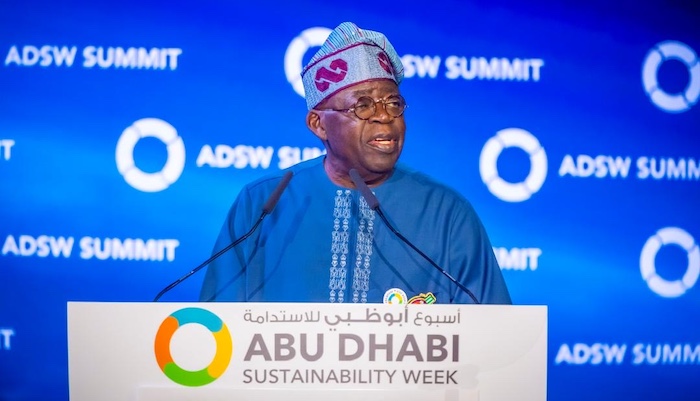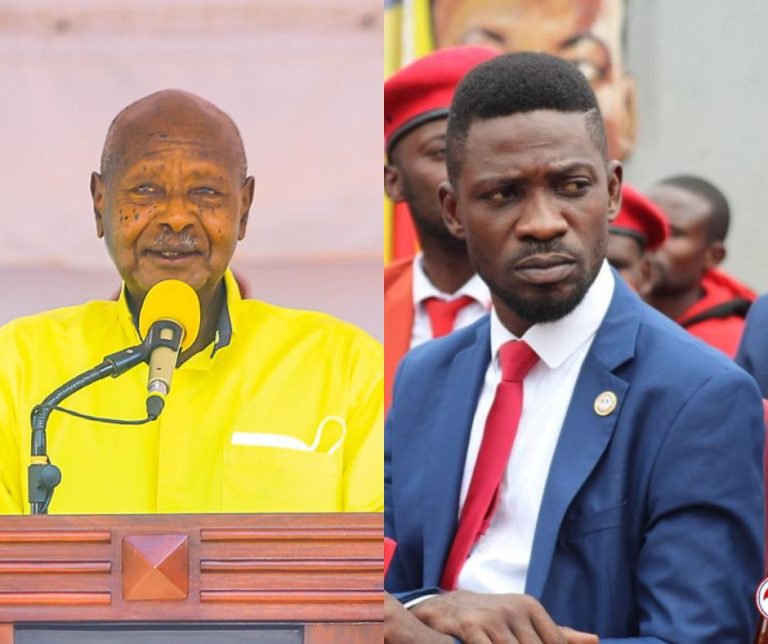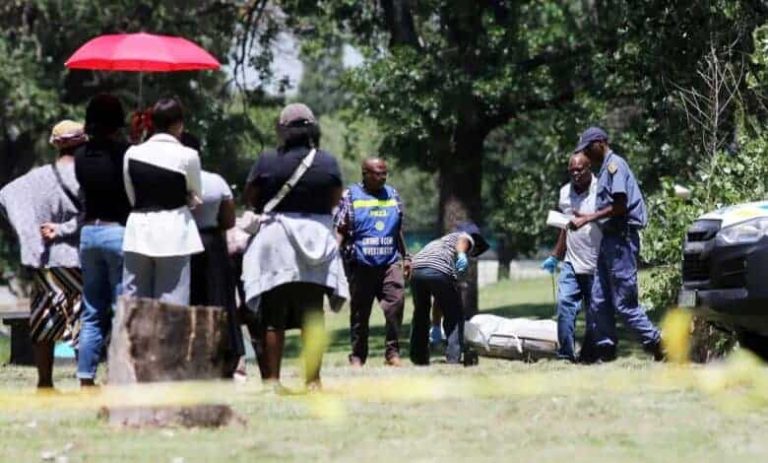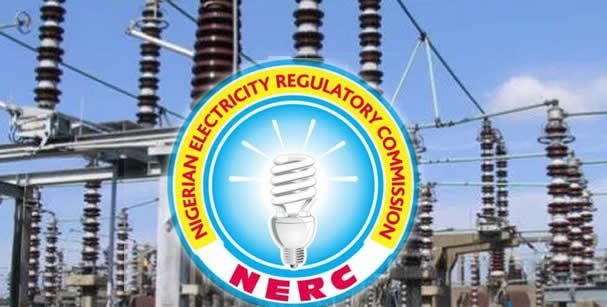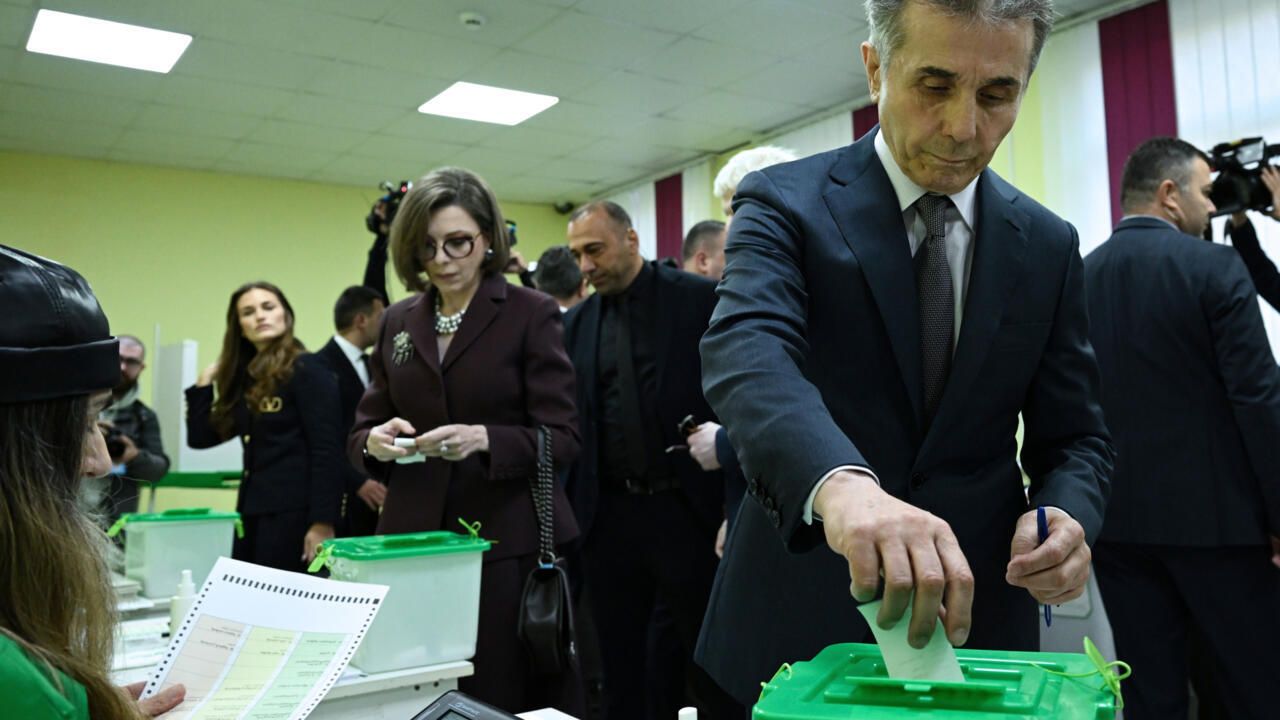
Georgians headed to the polls on Saturday in local elections that have taken on outsized significance, as opposition leaders call for mass protests in what they describe as a “last chance” to rescue the country’s democracy.
The vote marks the ruling Georgian Dream party’s first major electoral test since last year’s disputed parliamentary elections, which plunged the Black Sea nation into political turmoil and stalled its ambitions for closer ties with the European Union.
Ordinarily low-profile local polls have become a flashpoint after months of government crackdowns on independent media, new laws curbing civil society, and the imprisonment of dozens of opposition figures and activists.
From his prison cell, reformist former president Mikheil Saakashvili issued a rallying cry to his supporters, urging them to take to the streets on election day in what he called a decisive moment for Georgia’s future.
“There are moments when action is needed here and now,” Saakashvili wrote on Facebook. “Let’s take to the streets on October 4 and stand our ground to the end. Freedom — now or never.”
He warned that failure to act could spell the end of Georgia’s democratic aspirations:
“Many more people will be arrested, and the rest driven out. Total hopelessness will take hold, and the West will finally give up on us.”
Opera singer-turned-activist Paata Burchuladze has called for a “national assembly” outside parliament, framing the rally as a peaceful transition of power away from Georgian Dream.
Prime Minister Irakli Kobakhidze accused opposition groups of inciting unrest, warning that the government would respond firmly to any attempt at what he described as a “revolution.”
“Their attempt at revolution will definitely fail,” Kobakhidze said. “We want to warn everyone once again: don’t end up spending many years behind bars.”
On the streets of the capital, Tbilisi, opinions remained sharply divided.
“Georgian Dream is wrecking our democracy and our European future. They have got to go,” said Levan Baramidze, a 31-year-old architect.
But others expressed frustration and fatigue.
“We were in the streets for months by the tens of thousands, and nothing changed,” said Guliko Archvadze, a 50-year-old teacher. “One more huge rally won’t bring down Georgian Dream. The situation is tragic and desperate.”
Human rights organisations have voiced deep concern over what they describe as a repressive political climate ahead of the elections.
Amnesty International said at least 60 people — including opposition leaders, journalists, and activists — have been detained over the past year.
“These elections are taking place amid severe political reprisals against opposition figures and civil society,” the rights group said in a statement. “With opposition leaders jailed and civic organisations under attack, people’s rights to freedom of expression, association, and peaceful assembly are being crushed.”
As the polls opened, Georgia found itself at a crossroads — between deepening democratic backsliding and the possibility of renewed public resistance.
